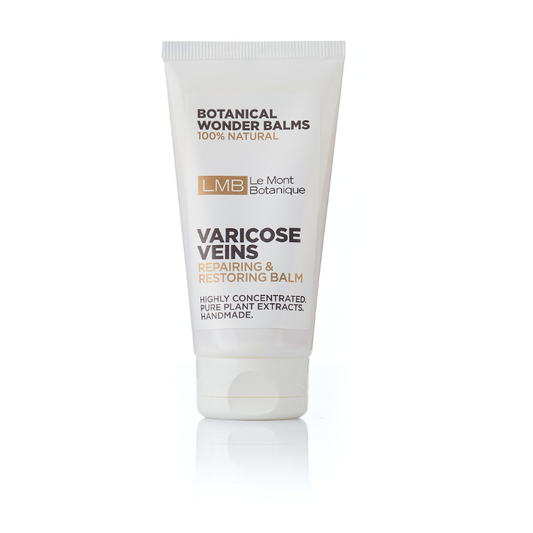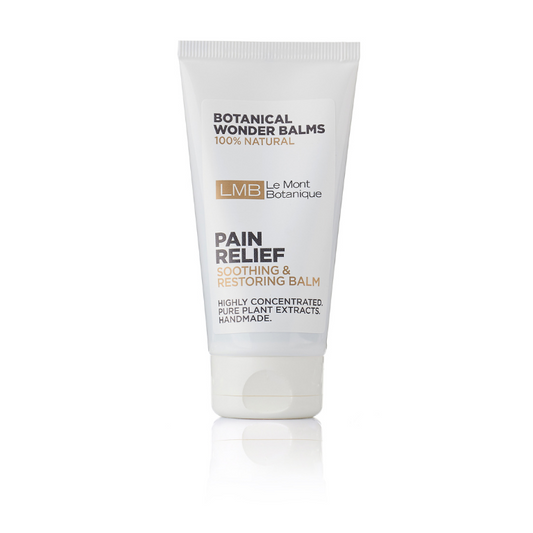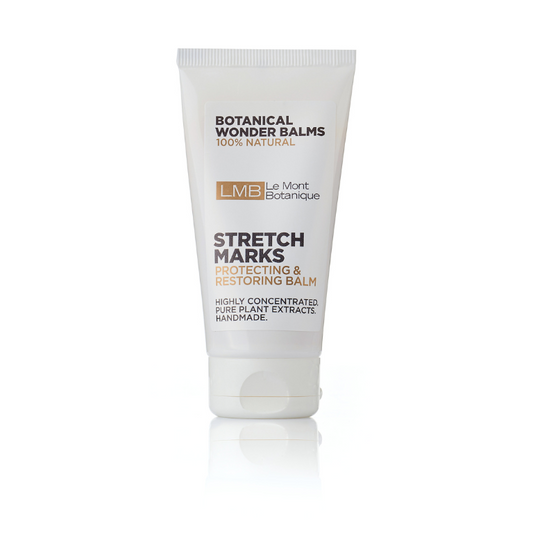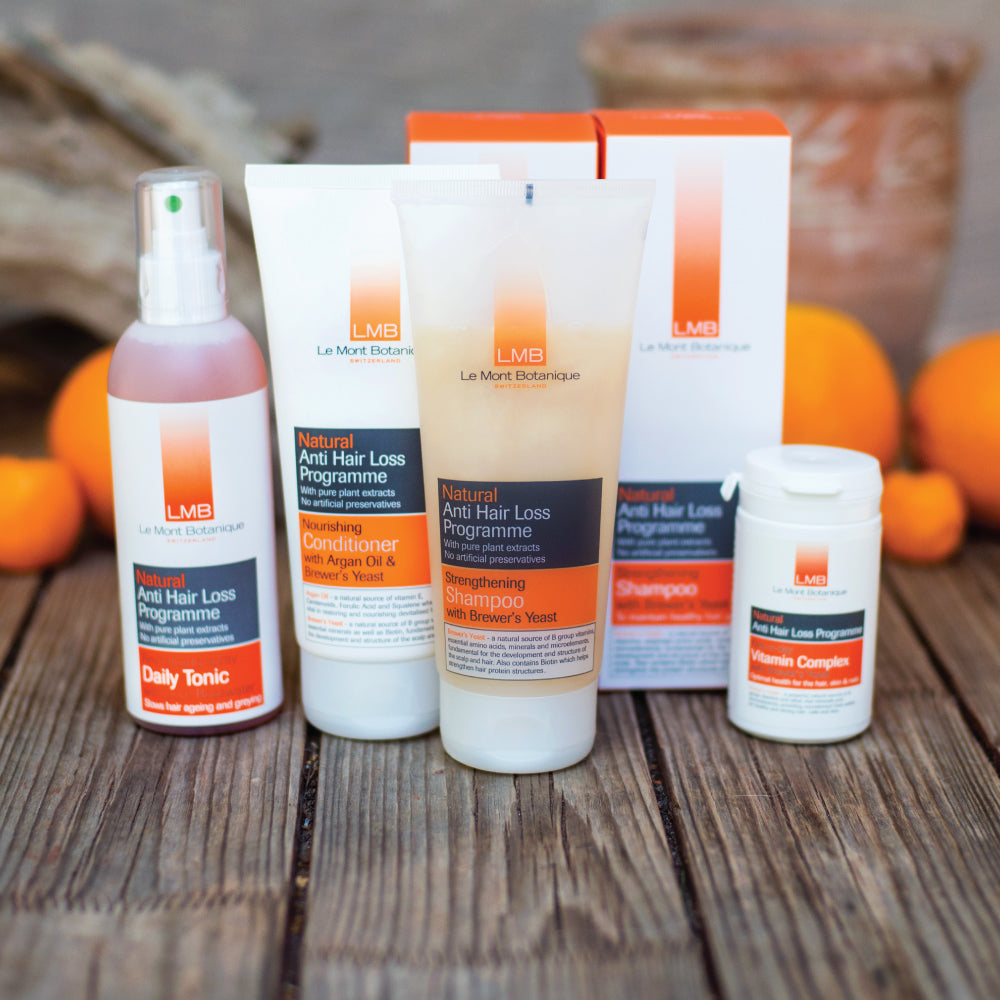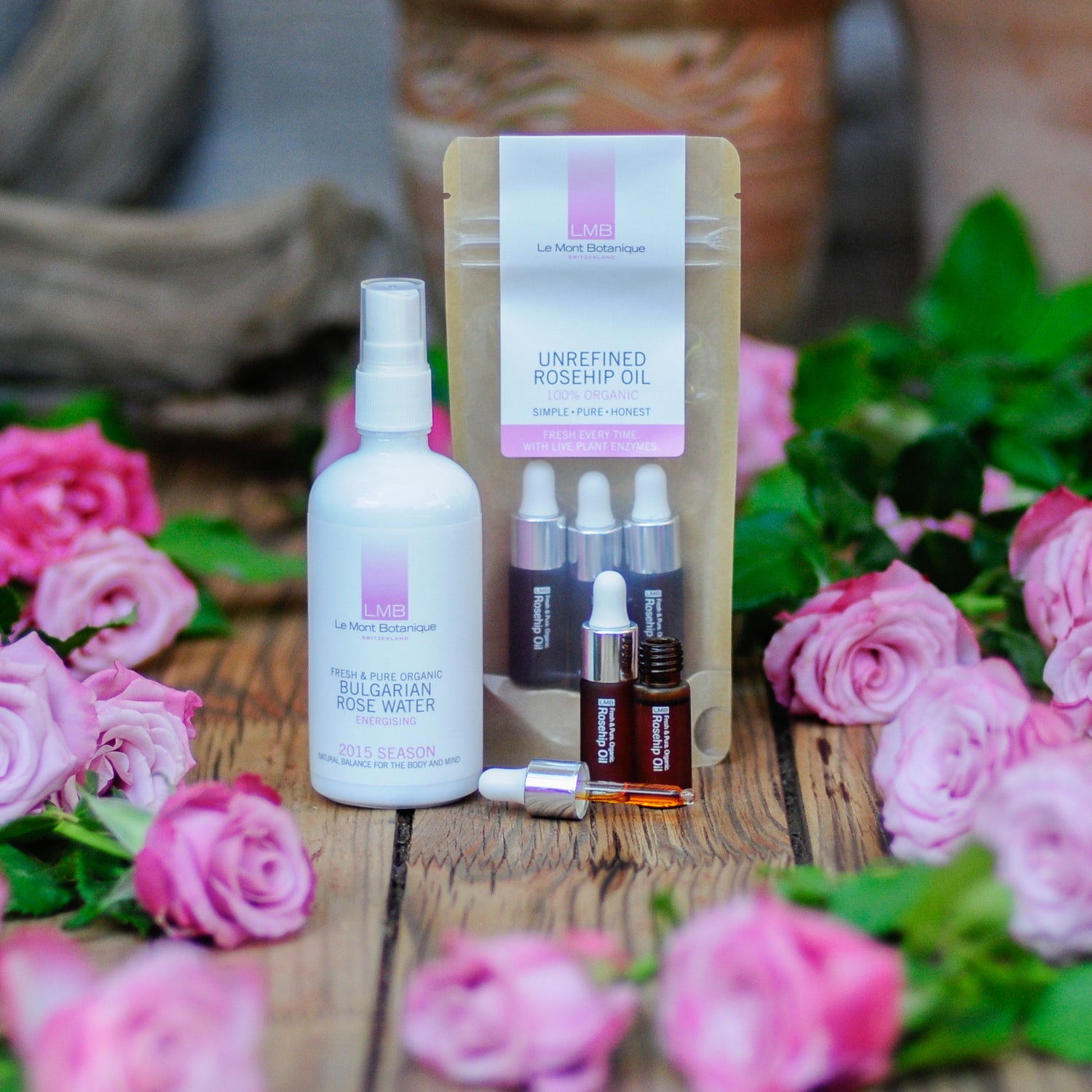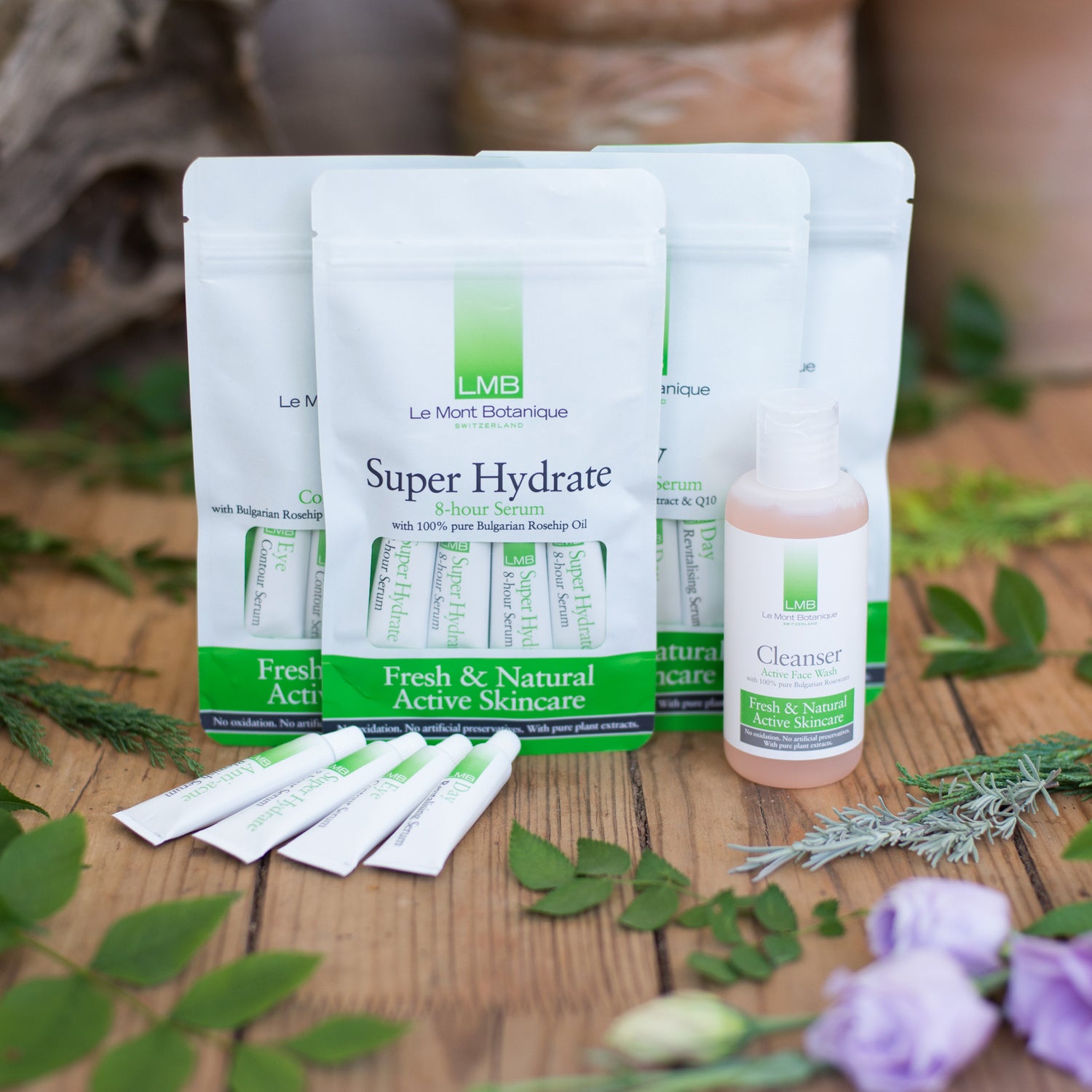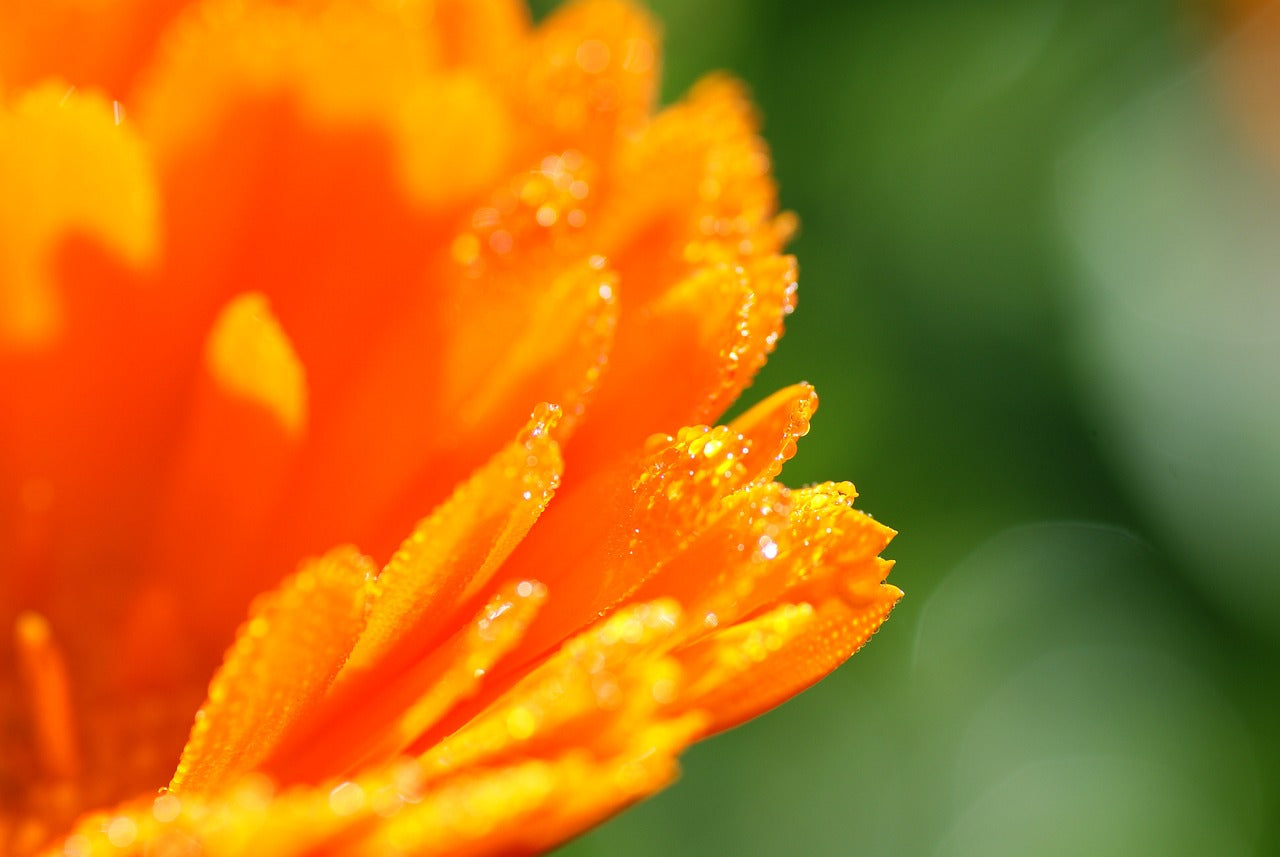Having a very predominant genetically predisposed family history of varicose veins, I have had the advantage of gaining information on various treatments and options to help. In my case, for sure varicose veins are largely hereditary as it very much runs in the family. My grandma, father, his brother and his kids, as well as I, all have them. However, I noticed that everyone in the family has dealt with their varicose veins quite differently. Some choose varicose vein removal operations, whilst others have had injections, foam or laser to remove them.
My varicose veins started to appear in my early 20s. My mother, who was a plant biologist, was aware of my father’s struggles with his varicose veins over the years, so she prompted me to look at preventative methods at the very beginning.
I’d always had an interest in natural alternatives for treating health problems and this became a top priority when I could see that things were getting worse for me. The skin on my legs was beginning to get very dry and noticeably thinner due to the poor circulation.
To help myself, I needed to understand why varicose veins occur in the first place. I learned that this is due to the malfunction of the tiny valves in the vein itself that are meant to open and close to stop the blood sliding down as it travels back to the heart.
With this in mind, my first and most important realisation was how helpful a daily gentle massage upwards can be as it aids the blood flow and stimulates the natural function inside the veins, promoting better blood flow throughout the day.
Following this, I found out the enormous benefits of the Horse Chestnut plant due to it's powerful naturally occurring anti-inflammatory and anti-oxidant properties which strengthen the capillary walls, reduces the fragility of the blood vessels and helps reduce the risk of blood clots by improving better blood flow.
Calendula (or marigold as it’s also known) I also found very beneficial as it stimulates the fast renewal and regeneration of skin cells, promoting healing with its anti-inflammatory effect.
Wheatgerm oil is also very helpful as its rich in vitamin E, which stimulates the formation of collagen and elastin and the production of new skin cells.
I wanted to use all of these natural plant extracts and at this point our Varicose Vein balm was in the making. We added propolis as an additional strong natural anti-inflammatory to reduce swelling, as well as beeswax as additional nourishment for the skin, we were almost there with our formulation!
We then added essential oils of lavender, peppermint, cypress and juniper, all well known for their additional health benefits and of course, their natural gentle fragrance.
We called it a Botanical “Wonder Balm” and we truly believe it is.
I very much hope that you enjoy using it as much as I do and that you see the positive results quickly too. It does feel very luxurious and I’m so happy that we were able to make the Varicose Vein balm both very effective and 100% natural, this was my ultimate wish.
Now you know the history behind the Le Mont Botanique Vein Balm, I’d also like to share a few other things that have helped me manage my varicose veins. In addition to using the balm every day, I do wear compression socks as often as possible, especially when I fly. I try to put my feet up whenever I can throughout the day and, perhaps most importantly, I really try not to allow things to cause me stress. Easier said than done, but I’ve noticed that during stressful situations my legs are not happy, so I do my best to stay calm and stress-free in general!
With love and thanks for being a part of our story, Lucia.
